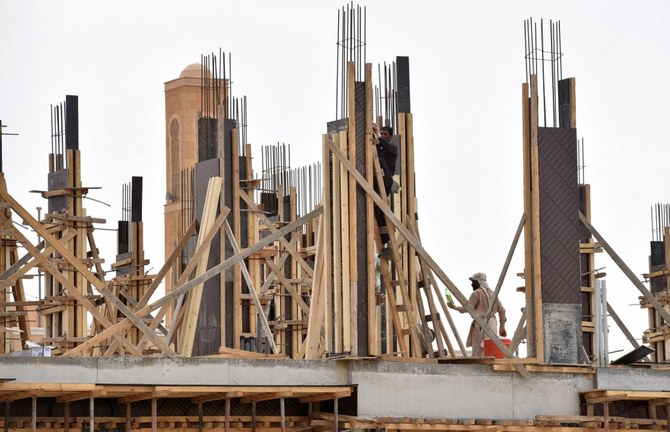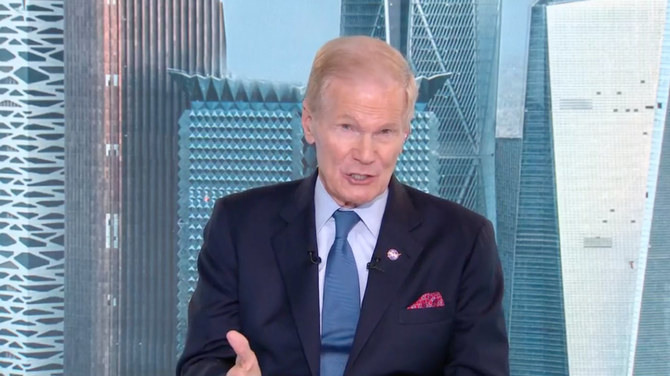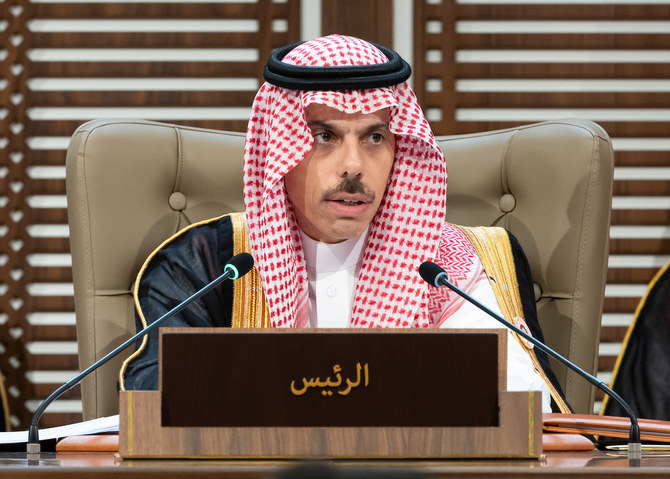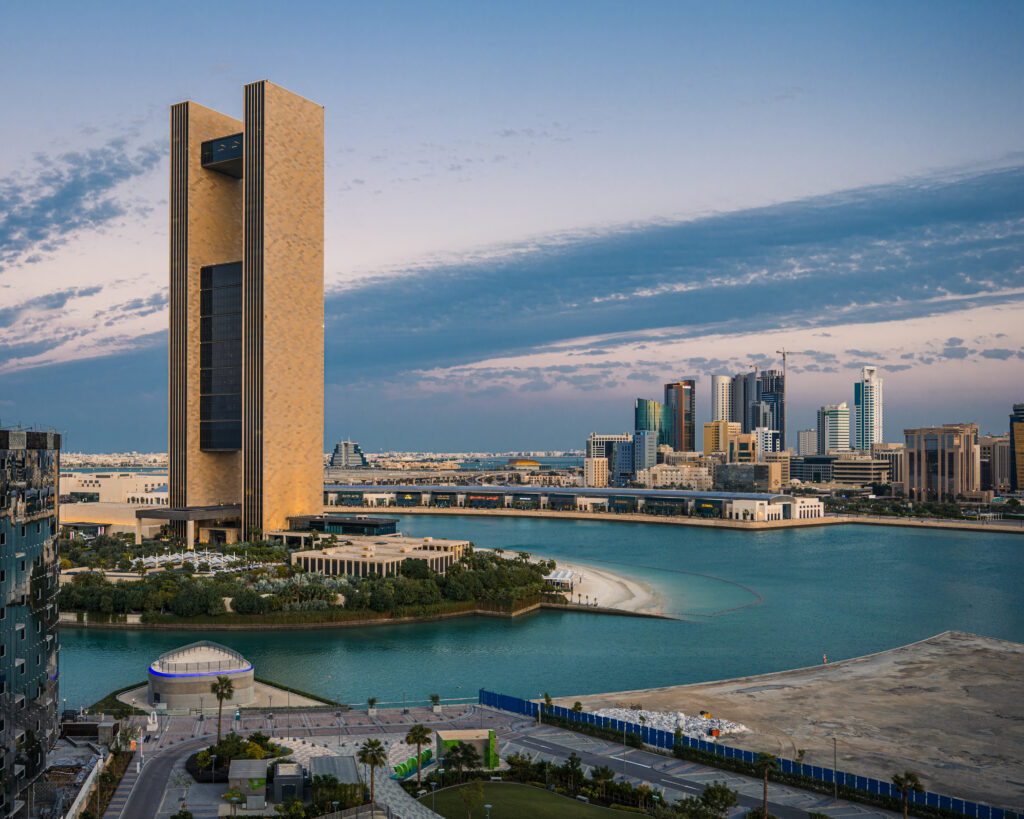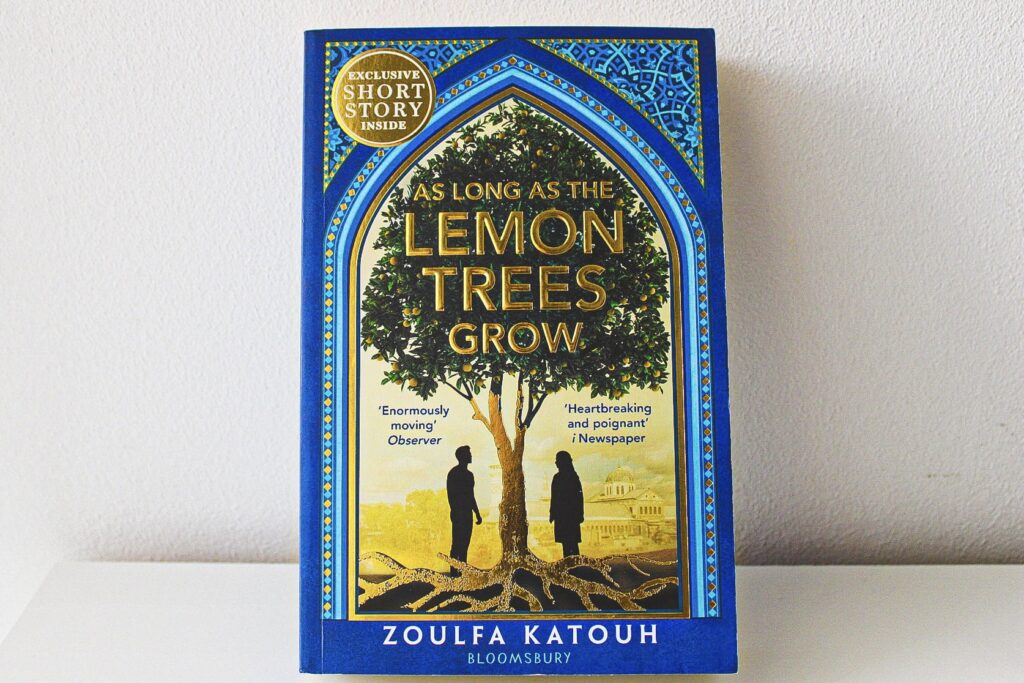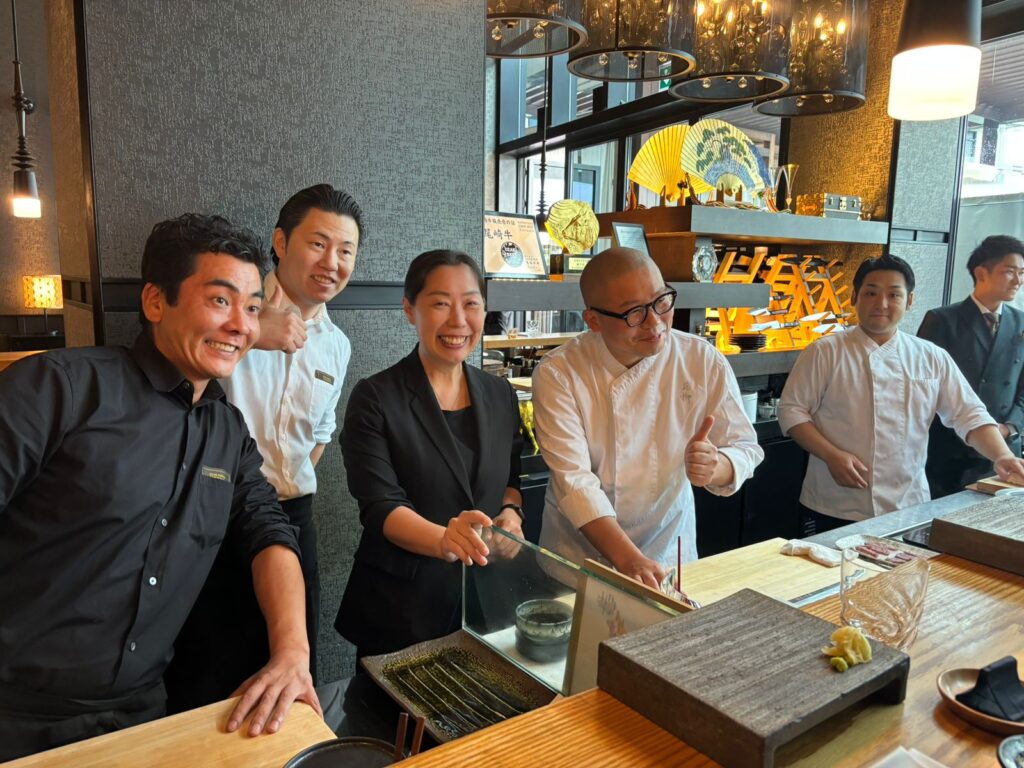RIYADH: The total value of mortgage loans surged 88 percent to SR105.52 billion ($28.142 billion) in the first 10 months of this year, according to figures from the Saudi Central Bank.
The huge increase in demand for mortgages is part of the Saudi government’s aim to increase homeownership in the Kingdom to 70 percent as part of the Vision 2030 targets, up from 50 percent in 2018.
A breakdown of mortgage loans in October showed that mortgages to buy villas made up the bulk of loans, representing 81 percent, with the remainder being used to purchase apartments and land plots.
The source of mortgages saw some fluctuations in October, with the number of contracts signed with banks and retail clients increasing 22 percent, while those prepared by financial firms declined 39 percent compared to last year.
Accountancy firm KPMG stated in a recent quarterly report that the Saudi banking sector in the third quarter (Q3) of 2020 experienced a range of regulatory changes, such as reform to property tax laws, which has benefited would-be home buyers.
Khalil Ibrahim Al-Sedais, office managing partner for KPMG in Riyadh, said: “The lending space in the Saudi banking sector has been rife with continued growth in mortgage financing throughout the coronavirus disease (COVID-19) environment.
“It is an endorsement of the housing demand in the country and testament of government support measures.”
A recent Q3 report by consultancy firm JLL said that the Saudi government’s decision to exempt property deals from 15 percent value-added tax (VAT), and instead impose a new 5 percent tax on transactions, helped boost the sector and was “a move expected to maintain momentum in the residential mortgage market, which has so far proven resilient and has managed to weather the impact of COVID-19.”
A clear indicator of the sector’s resilience can be seen in comments by Fabrice Susini, the CEO of the Saudi Real Estate Refinance Co. (SRC). The firm was set up in 2017 by the Saudi Public Investment Fund (PIF) with the aim of helping the mortgage sector and had set a target of 10 percent of total residential mortgage loans by the end of 2020 and 20 percent over the next few years.
However, Susini told S&P Global in June the timeframes for SRC’s targets had been extended due to the “dynamic growth in the mortgage market in the past year.”
While the total value of the annual mortgage loan figure is up 88 percent overall between January and October, the COVID-19 pandemic impacted on growth during the year and there were some clear fluctuations.
“Undoubtedly COVID-19 has impacted on individuals’ decision to buy a house, especially during the complete lockdown period, which has made it difficult for home buyers to look for a house,” financial analyst and banking expert, Talat Zaki Hafiz, told Arab News.
Ovais Shahab, head of financial services for Saudi Arabia at KPMG, pointed out that the COVID-19 lockdown could be blamed for the relatively subdued 27 percent year-on-year growth in April, while the opening up of services later in the year could be attributed to the massive 220 percent year-on-year surge in loans in June.



